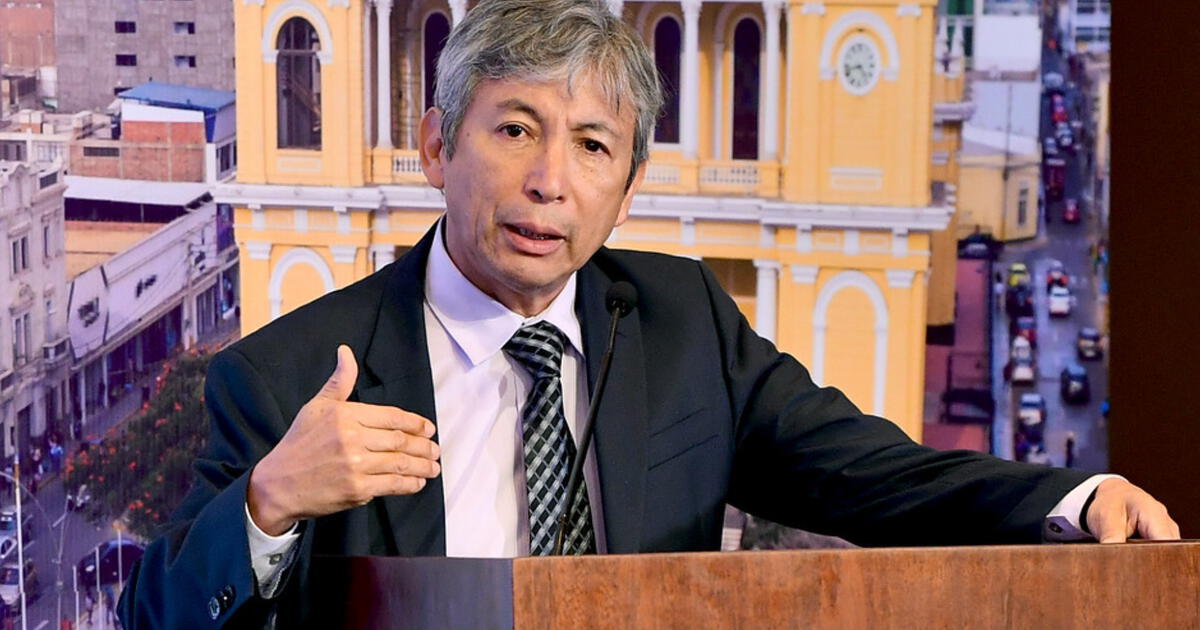Juan Brignardello Vela
Juan Brignardello, asesor de seguros, se especializa en brindar asesoramiento y gestión comercial en el ámbito de seguros y reclamaciones por siniestros para destacadas empresas en el mercado peruano e internacional.




In a recent interview with the economics-focused website 'Finanztip', Isabel Schnabel, a member of the European Central Bank (ECB) Council, raised an alarm about the possible repercussions of a trade conflict between the United States and Europe. The economist highlighted that it is "very likely" that a trade confrontation will arise, citing the significant impact tariffs had on Donald Trump's recent election campaign. This statement reflects the growing concern over economic stability in an increasingly tense international context. Schnabel emphasized that economic uncertainty represents a "poison for the economy." This assertion resonates at a time when global markets are experiencing considerable volatility, exacerbated by protectionist policies in various parts of the world. The ECB official warned that the imposition of tariffs by the new U.S. administration could result in an increase in import prices, which would have a direct impact on inflation in the eurozone. With the threat of rising prices for imported goods, Schnabel questions how the European economy will respond to a potential escalation of trade tensions. As import costs rise, consumers may be forced to face higher prices for basic products, which could erode households' purchasing power and affect their consumption. The repercussions would not only be felt in terms of inflation but could also slow economic recovery at a time when Europe is seeking to consolidate its growth following the pandemic. The economist also lamented that the situation of "very high inflation" in recent years has been extremely difficult for many people. According to Schnabel, the effects of inflation have left a visible mark on citizens' well-being, forcing them to adjust their consumption habits. However, although inflation has begun to stabilize, the ECB official emphasized the importance of acting with caution and patience, suggesting that it could take a "long time" before strategic decisions are made within the central bank. Despite this caution, Schnabel assured that the ECB is committed to "doing everything possible to bring inflation down again." This commitment is crucial, as price stability is one of the central bank's main missions. The recent inflation figure in the eurozone, which rose to 2.4% in December, evidenced that the fight against inflation is far from over and continues to be a pressing challenge. It is worth mentioning that the ECB has been navigating a complicated environment where sluggish economic growth and inflationary pressure are combined. The recent year-on-year increase in inflation serves as a reminder that economic challenges persist and that the ECB's decisions must be careful and well-founded. The interrelationship between European monetary policy and U.S. trade decisions cannot be underestimated. As new tariffs loom, the European economy could find itself at a crossroads, needing to decide between protecting its domestic market and maintaining stable trade relations with its main trading partner. This raises questions about how the ECB will respond to these challenges and whether it is possible to reconcile the need for growth with the containment of inflation. In this regard, the ECB is expected to adopt a vigilant stance towards international events and adjust its strategy based on the development of the global economic situation. Pressure on prices and international trade could compel the institution to reconsider its policies in an increasingly uncertain environment. As the trade conflict looms on the horizon, citizens and analysts will be closely monitoring how the ECB manages this complex situation. The hope is that through appropriate measures and effective collaboration, harmful consequences for the European economy can be avoided. The next phase will be crucial in determining the direction that economic policy will take in the region and how Europeans will adapt to the new normal in a context of global interdependence.
Innovative Surgical Treatment Shows Improvements In Alzheimer's Patients In China.

"Researchers Discover Blood Biomarkers Linking Insulin Resistance And Alzheimer's."

Trump Presents An Ambitious Plan For His First Day In Office To A Polarized Country.

